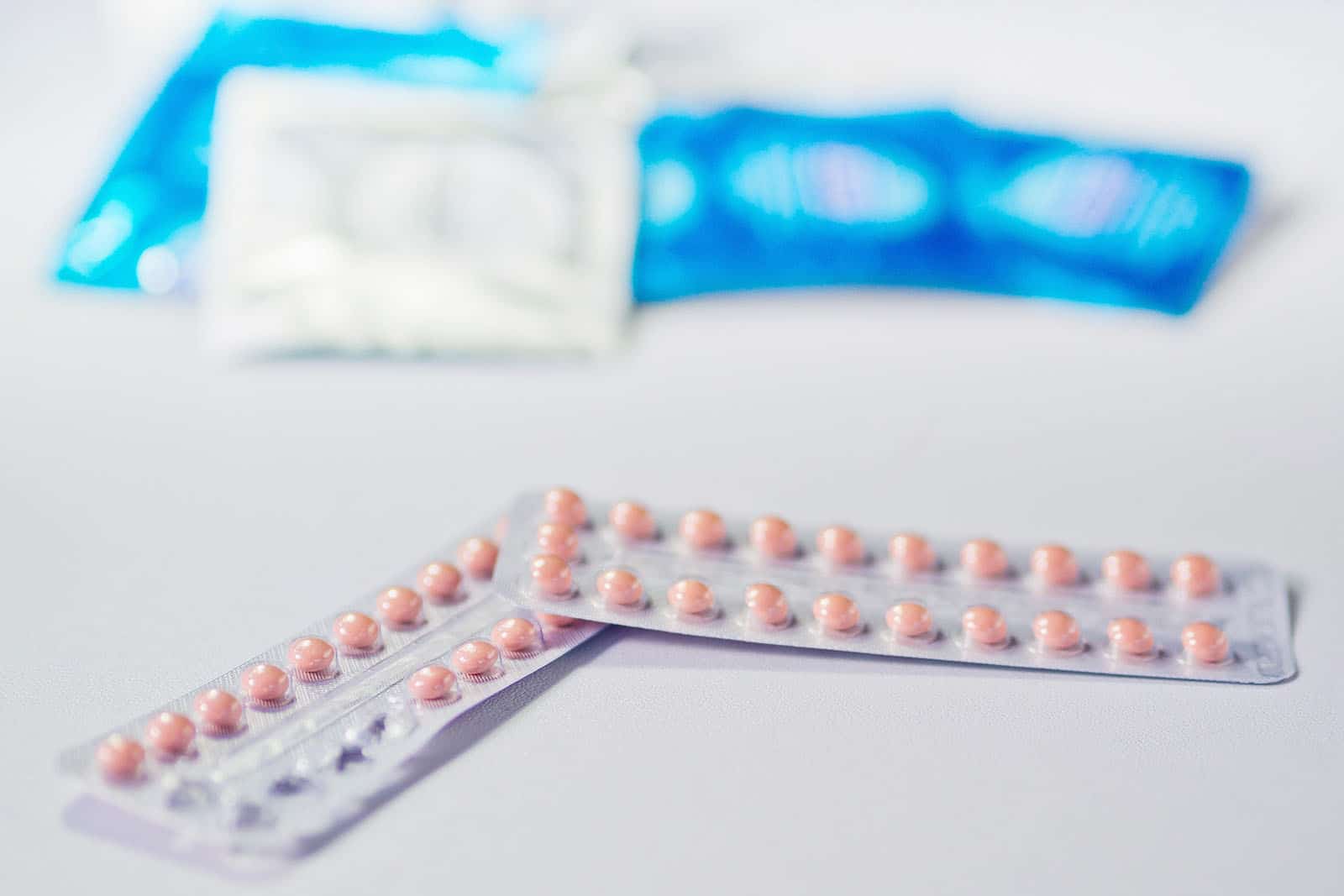Talking to your gynaecologist or health care provider can be a great place to start when thinking about having a baby! Understandably, conversations about your own health can spark some anxiety and many people are reluctant to discuss sensitive issues with a provider. To help get you started, we’ve put together a list of questions to go into your appointment with confidence and rest assure that you are giving yourself the best chance of conception, and a healthy pregnancy ahead!
Prior to your appointment, we recommend you inform your care team ahead of time so they can be prepared to cover all of your questions, including time for other routine screenings such as your Pap smear or cervical exam. And be sure to bring a list of your questions so you don’t forget anything!
Here are four recommended questions to ask at your appointment:

1.When Do I Stop Birth Control?
When stopping birth control, your menstrual cycle and body may (but not always) need time to adjust. Long acting birth control methods such as intrauterine device or implants may take longer but keep in mind you’re not protected from pregnancy anymore, so timing of when to stop is key.
2.How Long Should It Take To Get Pregnant?
Conception can depend on many things including your age, overall health conditions, family health history, stress level and other factors. You will want to be sure you are providing the most accurate and detailed information to your gynaecologist to yield the best answers. This type of detail includes current medications you’re taking, any ongoing symptoms you may be experiencing, whether you’ve ever been diagnosed with an STI, if you have irregular periods, family health history, and other factors. This dialogue during the appointment can help you better understand your personal fertility cycle, which is key when trying to get pregnant.
3.Should I Get Fertility Testing?
It really just depends! The general rule of thumb in the industry is for anyone under the age of 35 to see a fertility specialist if not pregnant after 12 months and after 6 months of trying if you are over 35 years old. Talking openly with your gynaecologist can help determine possible causes of delayed conception and the types of tests you may need. These may include hormonal test that control you’re your menstrual cycles and ovarian reserve which collectively can give a better picture of your chances of conception. If needed, they can offer referrals for specialists in your area. If you have a male partner, you should consider having them test their fertility as well. Male infertility is the main cause of delayed conception about 30% of the time.
4.How Does My Lifestyle Affect My Chances of Conception?
It’s no surprise that maintaining a healthy lifestyle is always recommended when trying to have a baby, but it’s not always so black and white. Smoking cigarettes or drinking alcohol in excess when trying to conceive is certainly risky, but what about caffeine? Talk with your doctor about your diet patterns, exercise routine, stress level, any vitamins or supplements you may be taking, and other notable lifestyle choices to give yourself the best chance to conceive. Whether you are thinking of conceiving on your own or with a partner, you may also find it helpful to reach out to support groups or counsellors who can help you manage any anxiety, stress or lifestyle changes.
Finally, talking about your conception plan with experts offers you the best possible information so you are empowered with all of your options, including preservation options such as egg freezing if you don’t intend to get pregnant for right now.
If you have questions about trying to conceive with donor sperm, please contact one of our experts at Sussex Sperm Bank via email or by calling 01273 620165.
